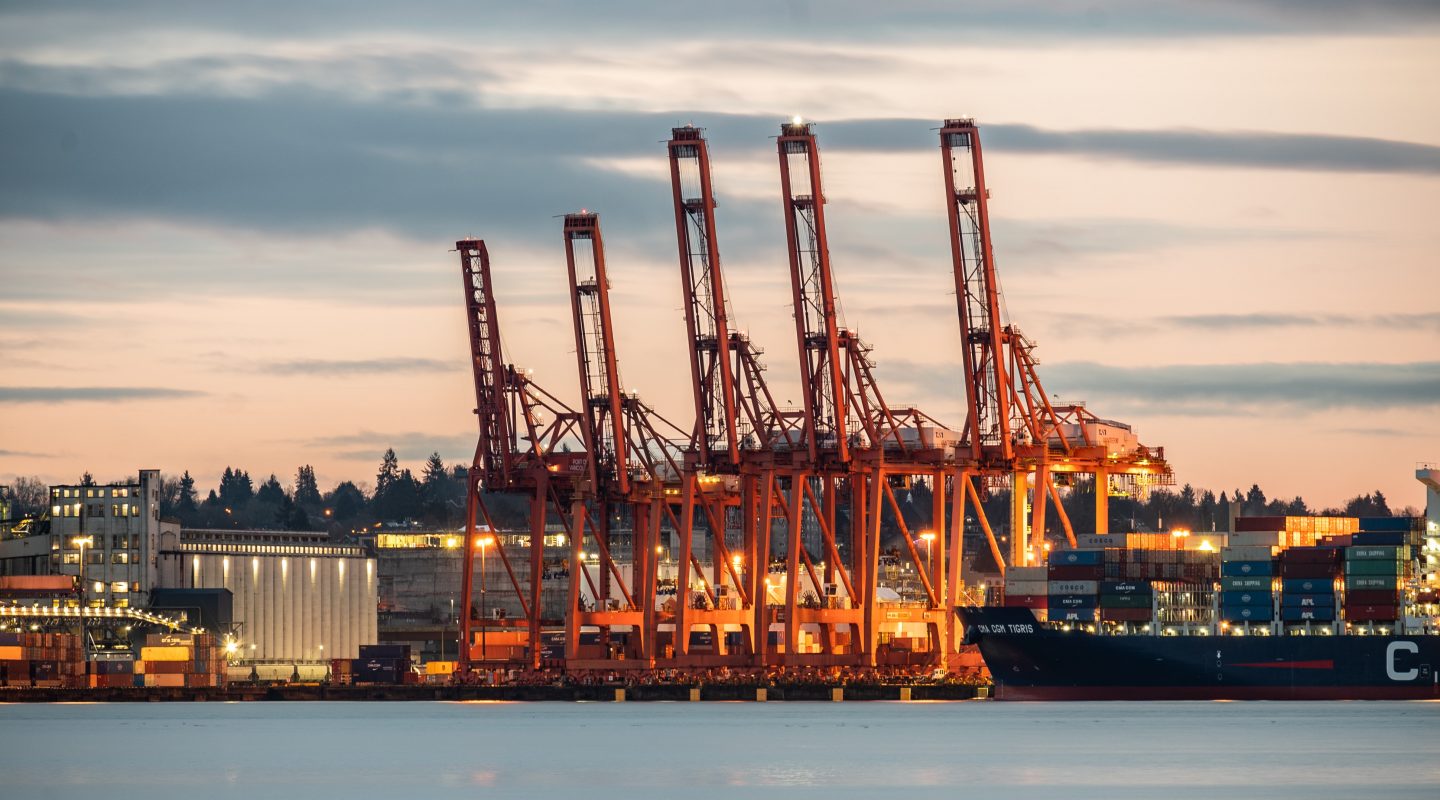Our projects
Managing disruptions more resiliently using AI technology

Congested ports, widespread labour shortages, spikes in transportation costs, shipping delays: the COVID-19 pandemic has pushed supply chains to their breaking point. The disruptions it has caused are still being felt today, compounded by climate change and geopolitical tensions, affecting the general availability of goods and services. In this context, strengthening the resilience of supply chains through “smart” technologies is a priority.
Managing contingencies is an integral part of everyday life. Retailers, manufacturers and transport and logistics companies in particular can see their operations impacted by factors as varied as natural disasters, strikes, cyberattacks, or even the unexpectedly strong demand for a product touted by a celebrity. In view of these one-off phenomena—in addition to continuously shifting economic, geopolitical, social, and ecological factors over which companies generally have no control—AI systems can be leveraged to better analyze the potential impacts of a particular factor on their operations.

What is resilient AI?
Just as resilient organizations perform better, resilient AI systems also perform better. But what does ‘resilience’ mean when we’re talking about artificial intelligence? One example might be a system that’s capable of exploring recourse scenarios for the future following an unforeseeable event. In other words, it’s a question of strengthening the forecasting capacity of these systems when benchmarks of the past can’t be relied upon to indicate future trajectories, such as when an unforeseen weather event results in flight cancellations or renders a driving route unusable. Hundreds of variables can impact a company’s operations, so they need to be able to rely on flexible forecasting models to accurately simulate a variety of scenarios and make optimal decisions as quickly as possible.
Forecasting: the key to better management
This is where demand forecasting models come in, which are one example of how artificial intelligence is applied in business. Here are four best practices for getting the most out of these systems in both “normal times” and in the face of unforeseen events.
Have clear visibility on assets
Companies have very different practices. Some have highly integrated and automated operations, others use manual processes, and still others operate with a mix of the two. To implement intelligent systems, data digitization is an essential first step.
Keep your data up to date
Regularly updating the databases that feed AI systems is an excellent way to strengthen the latter, so that they provide relevant insights into consumer trends.
Transfer learnings
Let’s take the example of a retail chain operator who was forced to temporarily close one of their outlets due to a power failure. In anticipation of reopening, the operator will need to anticipate sales and organize their operations accordingly, including adjusting staff schedules to effectively manage customer flow and replenish inventory. To do so, the operator can rely on transactional data from other outlets that have experienced similar disruptions, and thus more accurately predict the buying behaviours of their customers upon reopening. The data from other outlets can provide information on sales fluctuations after the store reopens, the products that have been most in demand, and so on. This is where AI minimizes the impact of unforeseen events on sales and operations and facilitates the return to normal operations.
Simulations
For any business challenge there are multiple potential solutions, but testing them one by one to assess their impact on operations can be costly and time-consuming. Prior to making any large-scale commitment, deploying artificial intelligence technologies to quickly and accurately simulate the potential impact of the solutions being considered is a solid practice.

Companies that integrate predictive technology solutions into their operations can be motivated by several factors:
- Anticipating potential supply chain disruptions;
- Forecasting fluctuations in demand;
- Adapting operations and inventory management in real time;
- Optimizing price adjustment policies.
Business decisions are increasingly blending intuition and human behaviours with the power of forecasting systems. As a result, the ability of companies to combine human knowledge with technological solutions available on the market is taking a bigger place at the table during discussions of current strategies.